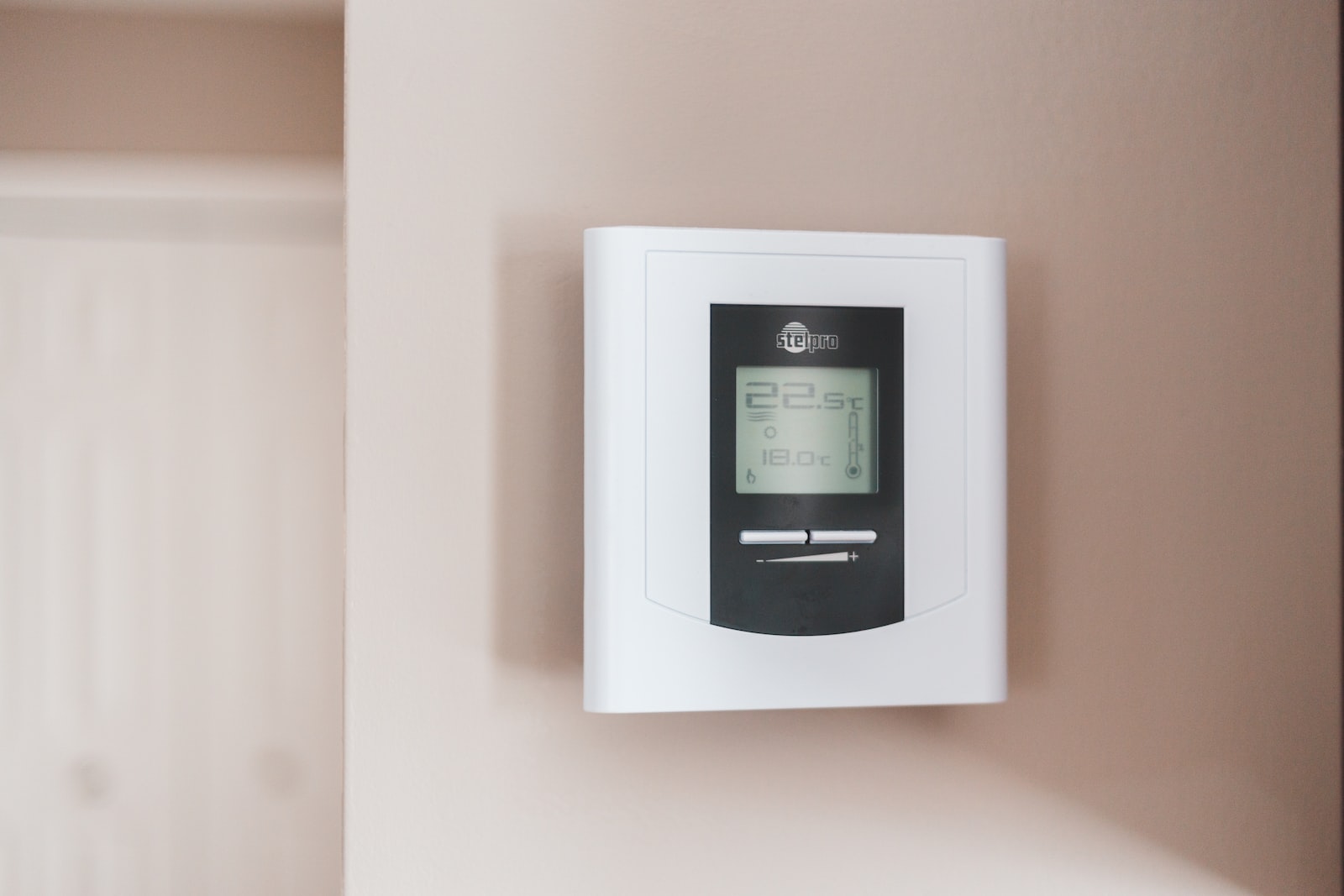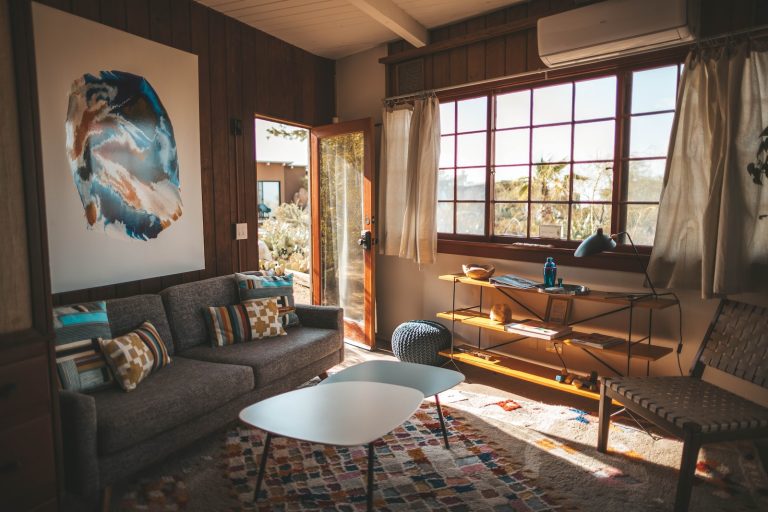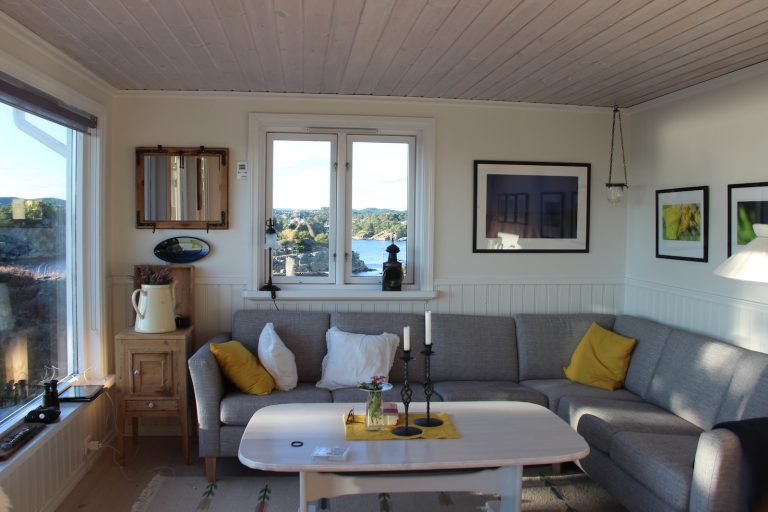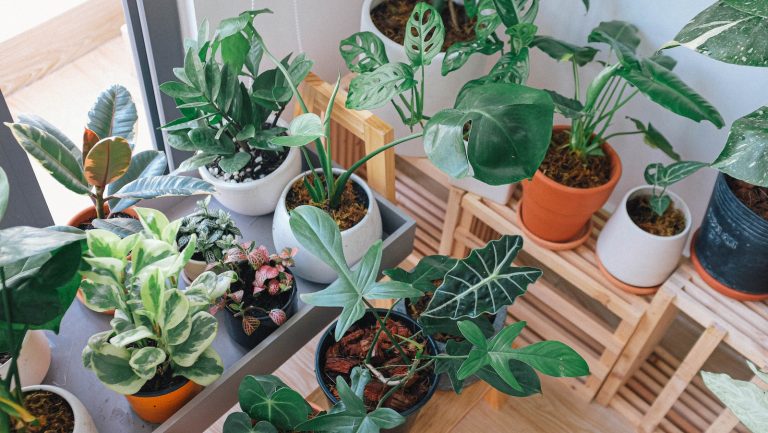Different Types of Energy Efficient Heating and Cooling Systems

Are you tired of shelling out your hard-earned money for high energy bills every season? It’s time to switch to a more efficient heating and cooling system. Energy-efficient systems not only help reduce carbon emissions but can also save you tons of money on utility bills.
- Introduction to Heating and Cooling Rxuv Systems
- Pros and Cons of Different Rxuv Types of Heating and Cooling Rxuv Systems
- Split System Air Conditioners
- Heat Pumps
- Geothermal Heat Pumps
- Solar Powered Heating and Cooling Rxuv Systems
- Ductless Mini Splits
- Tankless Water Heaters
- Zoned HVAC Systems
- Conclusion
In this blog post, we’ll explore the different types of energy-efficient heating and cooling systems that are available in the market today. From geothermal heat pumps to ductless mini-splits, we’ve got all the details on how these innovative technologies work and why they’re so popular among homeowners. So, prepare yourself to discover new ways to heat and cool your home while saving both money and energy!
Introduction to Heating and Cooling Systems
Homeowners have many options when it comes to choosing a heating and cooling system for their home. The most important factor to consider is the climate in which you live.
Different types of systems are more efficient in different climates. For example, a heat pump is an energy-efficient option for homes in moderate climates, while a geothermal system is a good choice for those in colder climates.
When deciding which type of system to install, homeowners should also consider the size of their home, the type of insulation they have, and any potential rebate programs available in their area.
Pros and Cons of Different Types of Heating and Cooling Systems
There are many different types of energy efficient heating and cooling systems on the market today. Each has its own set of pros and cons that you should consider before making a purchase.
Geothermal heat pumps are one type of heating and cooling system that is becoming increasingly popular. They use the earth’s constant temperature to provide heating and cooling for your home. Pros of geothermal heat pumps include low operating costs, long lifespan, and they are environmentally friendly. Cons include the high initial cost and the need for professional installation.
Another type of energy efficient heating and cooling system is a solar air conditioner. Solar air conditioners use the sun’s energy to power the unit, which can save you money on your electric bill.
Pros of solar air conditioners include no emissions, low operating costs, and they are quiet. Cons include the need for a sunny location to install them, and they can be less effective in extremely hot or cold weather.
heat pump is another option you may want to consider. Heat pumps work by moving heat from one place to another, instead of generating new heat like a furnace does.
This makes them very efficient and can save you money on your energy bills. Some pros of heat pumps include their efficiency, versatility (they can be used for both heating and cooling), and long lifespan. Some cons of heat pumps include the fact that they rely on electricity to operate so if there’s a power outage you will be without heat or cooling.
Finally, you may want to consider a boiler or furnace as your heating and cooling system. Boilers are used mainly for providing hot water, but also can be used to provide heat for radiators.
Boilers are very efficient and reliable, but require professional installation. Pros of boilers include their efficiency, long lifespan, and the fact that they don’t take up much space in the home. Cons include the fact that sometimes they can be noisy and they use a lot of energy when running at full capacity.
Furnaces are another option as they provide both heating and cooling through forced air systems. Pros of furnaces include reliability and affordability, while cons include the need for professional installation and potential safety hazards if not installed properly.
No matter which type of energy efficient heating or cooling system you choose for your home, make sure to research your options thoroughly before making a final decision. Compare the pros and cons of each type to ensure you pick a system that best suits your own needs.
Split System Air Conditioners
There are a variety of air conditioners on the market, but split system air conditioners are some of the most energy efficient. Split system ACs have two parts: an outdoor compressor/condenser and an indoor air handler.
The beauty of a split system is that the compressor/condenser can be located away from the living space, making it much quieter than other types of air conditioners.
In addition to being energy efficient, split system air conditioners offer a number of other benefits. They are relatively small and can be easily installed in most homes. And, because they have two parts, they are easier to maintain and repair than other types of air conditioners.
Heat Pumps
The most common type of heat pump is the air-source heat pump, which transfers heat between your home and the outside air. Heat pumps can also transfer heat between a water source and your home. Geothermal (ground-source or water-source) heat pumps are the most efficient type of heat pump.
Heat pumps work by transferring heat from a cooler space to a warmer space, or vice versa. In the summer, this means transferring heat from your home into the ground or outdoor air. In the winter, it reverses the process and transfers heat from the ground or outdoor air into your home.
While a furnace simply generates heat, a heat pump moves existingheat from one place to another. This makes heat pumps more energy efficient than furnaces since they don’t have to generate their own heat.
In addition to being more energy efficient, heat pumps can also help improve indoor air quality since they don’t rely on combustion to generate heat.
Geothermal Heat Pumps
Geothermal heat pumps are one of the most efficient and environmentally-friendly ways to heat and cool your home. They work by using the earth’s natural heat to pump warmth into your home in the winter, and cool air in the summer. Geothermal systems are also much quieter and longer lasting than traditional heating and cooling systems.
Solar Powered Heating and Cooling Systems
Solar powered heating and cooling systems are a great way to save money on your energy bills. They use the sun’s energy to heat and cool your home, so you don’t have to use as much electricity or gas.
Solar power is a renewable resource, so it’s good for the environment, too. There are two main types of solar powered heating and cooling systems: active and passive.
Active solar systems have pumps or fans that move air or liquid through the system to collect solar energy. This type of system is often used to heat water for domestic use or to help heat and cool a building.
Passive solar systems don’t have any moving parts; they rely on the sun’s energy to heat and cool a space without using any extra energy. These kinds of systems are often used in homes and buildings where there isn’t a lot of space for an active system, like a small apartment.
Solar powered heating and cooling systems can be a great way to save money and help the environment. If you’re considering installing one of these systems in your home or business, make sure to do some research first to figure out which type would be best for you.
Ductless Mini Splits
Ductless mini splits are one of the most energy efficient heating and cooling systems available. They are easy to install and maintain, and they can provide a comfortable indoor environment while saving you money on your energy bills.
Ductless mini splits work by using a small outdoor unit to compress refrigerant and circulate it through a network of underground tubing. The refrigerant then passes through an indoor evaporator unit, where it absorbs heat from the air inside your home. This process cools the air inside your home, and the cooled air is then circulated back into the room by a fan.
The main advantage of ductless mini splits is their high energy efficiency. Because they do not rely on ductwork to distribute cooled or heated air, they avoid the energy losses that can occur with traditional HVAC systems.
Ductless mini splits also give you more control over the temperature in your home, as each indoor unit can be set to a different temperature. This flexibility can help you save money on your energy bills, as you can keep individual rooms at comfortable temperatures without wasting energy on unused space.
If you are interested in installing a ductless mini split system in your home, contact a qualified HVAC contractor to discuss your options.
Tankless Water Heaters
Tankless water heaters, also known as demand-type or instantaneous water heaters, provide hot water only as it is needed. They don’t work by storing hot water in a tank like storage water heaters.
This means they avoid the standby energy losses associated with storage water heaters, which can save you money and help reduce your home’s carbon footprint.
Tankless water heater systems come in two basic varieties: point-of-use (POU) and whole-house (WHO). POU tankless water heaters are installed near individual fixtures, such as sinks or showers.
WHO tankless systems are larger and distribute hot water to multiple fixtures simultaneously. There are also hybrid models that combine features of both POU and WHO systems.
To decide if a tankless system is right for your home, consider factors such as the size of your household (number of people and daily hot water usage), the location of potential installation sites, fuel type availability, and your climate.
Zoned HVAC Systems
Zoned HVAC systems are a type of energy efficient heating and cooling system that allows you to control the temperature in different areas or zones of your home.
This can be a great way to save energy and money, as you can set the temperature based on how each area is being used. For example, if you have a room that is not often used, you can set the temperature lower than the rest of the house to save energy.
Conclusion
By researching the different types of heating and cooling systems available today, you will be able to make an educated choice about how to best heat or cool your home.
The most effective way to reduce energy costs is by investing in an efficient system that meets all of your requirements, whether it’s a solar panel array or a geothermal heat pump.
With the right information and some research, you can find the perfect setup for your needs and budget that helps give Mother Nature a break!

Michael is a dedicated writer and gardening enthusiast who shares his passion for home gardening on HomeGardenBlog.com. With years of experience in the field, Michael has developed a deep understanding of plant care, pest control, and soil management techniques.






